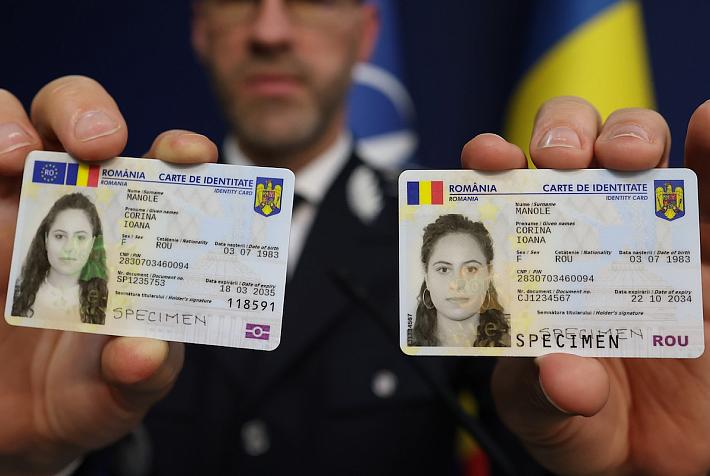Over half of Romanians in urban areas targeted by online fraud, research shows
Around 61% of Romanians say they have been the target of online fraud attempts, the most common consequences being the infection of the device with malware or viruses (42%) and the loss of money (30%), according to the latest study conducted by Reveal Marketing Research.
Of those who have been targeted, 39% have experienced such attacks more than once, and 22% only once. People aged 35-44 seem to be more exposed to repeated scam attempts, with 49% of them reporting multiple experiences.
The attempts left most Romanians aware of the phenomenon. 68% of them say they are informed of the risks associated with online scams. Among the most popular types of online fraud that Romanians say they would recognize are phishing emails or messages, such as fake messages that appear to be from banks (73%), followed by social media scams, such as fake accounts asking for money or personal data (72%).
A similar number of people, 69%, say they can identify fraudulent phone calls, while 53% say they can recognize fake websites that imitate well-known brands or misleading promotions and contests.
In terms of the impact of fraud attempts, the most common consequences reported by victims are infection of the device with malware or viruses (42%), loss of money (30%) and theft of personal data such as banking information, passwords or documents (22%).
The study data shows that young people between 18-24 years old have lost money most often due to online fraud (42%), while mature people between 45-55 years old (49%) and seniors over 55 years old (52%) are more often faced with infecting devices with malware or viruses.
Personal data theft is more common among men (27%) compared to women (17%), which may be correlated with the fact that men tend to take more risks online, either through the use of more varied platforms or through greater exposure to trading sites.
To protect themselves against online scams, Romanians adopt a series of precautions, the most common being avoiding giving personal data in unsolicited messages (67%), refusing to access suspicious links received by email or SMS (63%) and checking the source of messages and the websites they access (60%). Also, 42% of respondents use two-factor authentication for their accounts, and 41% use antivirus or security software. As a general trend, seniors over 55 are the most cautious in online interactions.
“The phenomenon of online scams becomes a major risk, and brands and companies must understand the needs and behaviors of users, as well as security trends, in order to provide them with support,” said Marius Luican, General Manager of Reveal Marketing Research.
Romanians believe that brands and companies can play an essential role in protecting users against online fraud. Among the solutions mentioned are the implementation of systems to verify the authenticity of messages, such as emails with digital signatures (45%), the running information and education campaigns about online scams (25%) and the display of more warnings on websites and apps about the risks of fraud (17%).
(Photo source: Rawpixelimages | Dreamstime.com)












